Exploring Data Science Course Fee And Duration
5 out of 5 based on 26322 votesLast updated on 7th Nov 2023 15.2K Views
- Bookmark

Learn the fundamentals of data science, from data analysis to machine learning, in this comprehensive course. Gain essential skills for the data-driven world.
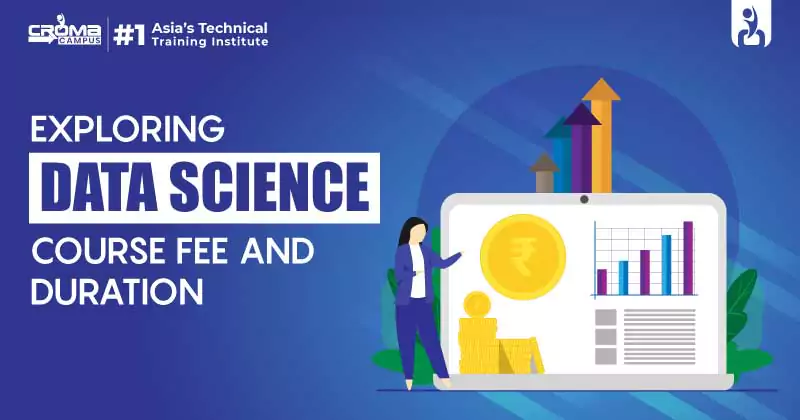
This comprehensive blog covers a wide range of topics, from distinguishing data analytics and data science to exploring the latest trends in data science for 2025, qualifications, key skill sets, and the career roadmap for aspiring data scientists, offering valuable insights for readers.
- Overview
- Data Analytics vs Data Science
- What is a Data Analytics Course?
- What is a Data Science Course?
- Data Science Trend in 2025
- Qualification for Data Scientist
- Key Skillset for Data Scientist
- Carrer Roadmap for Data Scientist
- Key Takeaways
Overview
In the modern world, Data is helpful to make crucial decisions. This is the reason why careers in data analytics and data science are becoming popular due to the increase in the number of data scientist jobs. Taking an online data science course is a great way to learn about this field. These courses cover data analytics and data science, helping IT professionals. Find out about Data Science Course Duration and Data Science Course fee and Duration to get started in this blog.
Data Science vs Data Analytics – Learn the Comparison
Understanding Data Analytics
Data analytics involves examining raw data to draw conclusions and insights. It's a subset of business analytics, focusing on processing and interpreting complex datasets to inform business decisions. Tools like NVivo and KNIME are often used for managing and analyzing data.
Understanding Data Science
Data science extracts insights from data using tools like Python, R, statistics, and machine learning. It applies to research, healthcare, technology, and more for in-depth analysis and predictions.
Data Science vs Data Analytics – A Quick Comparison Table
|
Aspect |
Data Analytics |
Data Science |
|
Definition |
Examining
raw data to derive conclusions and insights. |
A
multidisciplinary field focusing on extracting insights from data. |
|
Scope |
Subset
of business analytics, primarily for informing business decisions. |
Broader
in scope, encompassing various aspects of data, including modeling and
machine learning. |
|
Tools |
Often
uses tools like NVivo and KNIME for data management and analysis. |
Utilizes
a wide range of tools, including programming languages (e.g., Python, R),
statistical software, and machine learning libraries. |
|
Focus |
Concentrates
on processing and interpreting complex datasets. |
Focuses on data exploration, predictive
modeling, and data-driven decision-making. |
|
Applications |
Commonly
applied in business, finance, marketing, and other industries for reporting
and visualization. |
Applied
across various fields, including research, healthcare, and technology, for
in-depth analysis and predictive modeling. |
|
Skills Required |
Requires
data cleaning, basic statistical analysis, and data visualization skills. |
Demands
a broader skill set, including programming, statistics, machine learning, and
domain-specific knowledge. |
This table provides a clear comparison between Data Analytics and Data Science, highlighting their differences in scope, tools, focus, applications, and required skills.
Master Python with our comprehensive Python Course for Data Science, covering essential libraries, machine learning, and real-world applications. Gain hands-on experience and accelerate your data-driven career today.
What is a Data Analytics Course?
- Definition: A data analytics course is an educational program designed to teach individuals the skills and techniques required for processing and interpreting data to draw conclusions and insights.
- Importance: In today's data-driven world, data analytics is vital for informed decision-making in various fields, including business, finance, and marketing.
- Key Components: Data analytics courses cover data cleaning, statistical analysis, data visualization, and data management tools.
- Types of Data Analytics Courses:
- Diploma in Data Analytics
- Short-term Data Analytics Training
- Advanced Data Analytics Certification
- Stats: Data analytics is a rapidly growing field, with a plethora of job opportunities in high demand. Also, the global business analytics market is expected to reach $77.6 billion by 2024.
Data Analytics Course Duration
- Duration: The duration of a data analytics course varies depending on the program and level of depth. Courses duration may vary from a few weeks to several months for diploma or advanced programs.
- Flexibility: Many courses offer flexible scheduling options, including part-time, full-time, and online learning.
- Stats: On average, a comprehensive data analytics program can be completed in about 3 to 6 months of full-time study.
Data Analytics Course Fee
- Cost: The fees for data analytics courses vary widely, depending on factors such as the institution, level of the course, and location.
- Affordability: Many institutions offer scholarships and financial aid to make courses more accessible.
- Fee Range:
- Short-Term Training: $500 - $2,000
- Diploma in Data Analytics: $2,000 - $6,000
- Advanced Data Analytics Certification: $4,000 - $10,000
- Stats: The cost of a data analytics course can vary based on the type and level of the program.
Note: Data Science and Data Analytics empower businesses with insights from data. Explore Data Analytics Courses Noida to master skills for predictive modeling, visualization, and decision-making.
What is a Data Science Course?
- Definition: A data science course is an educational program that provides comprehensive training in data science, covering areas such as Data Science, machine learning, and predictive modeling.
- Importance: Data science is essential for extracting valuable insights and predictions from large datasets, making it crucial in various industries, including technology, healthcare, and finance.
- Key Components: Data science courses encompass topics like data exploration, machine learning algorithms, programming languages (e.g., Python, R), and data visualization tools.
- Types of Data Science Courses:
- Data Science Bootcamps
- Online best Data Science Courses
- Master in Data Science Programs
- Stats: The global data science market is expected to reach $140 billion by 2026, indicating significant growth in the field. Further, it would be interesting to explore about Data science course fee and duration.
Data Science Course Duration
- Duration: The duration of a data science course can vary widely based on the type and depth of the program. Courses range from a few weeks to one year or so on for advanced degree programs.
- Flexibility: Many data science courses offer part-time and online options to accommodate students' schedules.
- Stats: A typical data science boot camp can be completed in 10 to 12 weeks, while a master's program may take 1.5 to 2 years to finish.
Data Science Course Fees Online
- Cost: The Data Science Course Fee can vary significantly, influenced by factors such as the type of program, the institution, and the country.
- Affordability: Scholarships and financial aid are often available to make data science education more accessible.
- Fee Range:
- Data Science Bootcamps: $5,000 - $20,000
- Data Science Course Price: $1,000 - $10,000
- Master in Data Science Programs: $20,000 - $60,000
- The average total fee for Certificate and Diploma courses can vary depending upon the type of subject, the duration, and the types of services offered through the course. However, the total fee lies in the range of ₹50,000- ₹1,50,000.
- Stats: The cost of a data science course can differ based on the program type, level, and location, with advanced degree programs typically having higher Online Data Scientist Course Fees.
- The average cost of Data Science Certification ranges from Rs. 20,000 to Rs. 1,10,000 in India.
Tips: Unlock the potential of Artificial Intelligence with our comprehensive Artificial Intelligence Online Training, designed to equip you with cutting-edge skills for future-ready careers.
Data Science/Analytics Trends in 2024
- The global market for data analytics is anticipated to surpass $100 billion in 2024.
- The analytics market is poised to expand into a $57 million industry by 2024.
- In 2024, 91.9% of organizations have reported achieving measurable value from data and analytics investments.
- Business operations will increasingly integrate AI, making analytics more accessible, inclusive, and adaptable in 2024.
- The big data analytics market is projected to reach a substantial $103 billion by the end of 2023.
- As of February 2023, investors have allocated $43.8 billion to support around 1,300 big data analytics companies.
- The US economy incurs up to $3.1 trillion in losses due to poor data quality.
- The big data analytics market experienced remarkable growth, surging by 62% from $169 billion in 2018 to $274 billion in 2022, with an anticipated value of $103 billion by 2027.
- Business operations will increasingly integrate AI, making analytics more accessible, inclusive, and adaptable in 2024.
- The big data analytics market is projected to reach a substantial $103 billion by the end of 2023.
- As of February 2023, investors have allocated $43.8 billion to support around 1,300 big data analytics companies.
- The US economy incurs up to $3.1 trillion in losses due to poor data quality.
- The big data analytics market experienced remarkable growth, surging by 62% from $169 billion in 2018 to $274 billion in 2022, with an anticipated value of $103 billion by 2027.
Qualification for Data Science Course
|
Category |
Action Items |
Details |
|
Educational Background |
A. Obtain a Bachelor’s Degree |
- Choose majors such as Statistics,
Mathematics, Information Technology, or Business. |
|
B. Take Relevant Courses |
- Focus on subjects like statistics,
mathematics, computer science, and business. |
|
|
Technical Skill
Development |
A. Learn Programming Languages |
- Gain proficiency in Python or R. |
|
B. Master Database Management |
- Acquire skills in SQL for
effective database management. |
|
|
C. Learn Data Visualization Tools |
- Familiarize yourself with tools
like Tableau or Power BI. |
|
|
Knowledge in Data
Analytics |
A. Enroll in Online Courses and
Certifications |
- Explore platforms like Coursera,
edX, or Udemy. |
|
B. Understand Data Processing |
- Learn about data cleaning,
transformation, and processing. |
|
|
Practical Experience |
A. Work on Real Projects |
- Engage in real-world data
analytics projects. |
|
B. Create a Portfolio |
- Showcase your data analytics
projects and skills. |
|
|
Job Application Process |
A. Prepare Resume and Cover Letter |
- Highlight your skills, education,
and experience. |
|
B. Apply for Entry-Level Positions
or Internships |
- Target relevant data analyst
positions. |
|
|
Continuous Learning &
Networking |
A. Pursue Advanced Degrees or
Certifications |
- Consider further education in data
analytics or related fields. |
|
B. Join Data Analytics Forums and
Groups |
- Network with professionals and
stay updated on industry trends. |
|
|
Career Advancement |
A. Gain Experience in the Field |
- Work in various roles to
accumulate experience. |
|
B. Continuously Update Skills |
- Stay informed about the latest
tools, technologies, and best practices in data analytics. |
This organized guide provides a clear path for individuals aspiring to become data analysts or data scientists. Following these steps, along with ongoing learning and adaptation to emerging trends and technologies, will help you build a successful career in data analytics.
Key Skillsets Required for Data Analysts/Scientist in 2025
|
Skill |
Description |
Real-Life Application |
|
Statistical Knowledge |
Understanding of statistical
concepts and methodologies. |
- Conducting hypothesis testing to
validate assumptions and make informed decisions. |
|
- Utilizing probability
distributions to model uncertain events in data analysis. |
||
|
Programming Skills |
Proficiency in languages like Python
or R for data manipulation and analysis. |
- Using Python to automate the
collection and cleaning of data from multiple sources. |
|
- Employing R for advanced
statistical analysis and data visualization. |
||
|
SQL Expertise |
Ability to write and execute complex
SQL queries for database management. |
- Writing SQL queries to join
multiple tables from a database, providing a comprehensive dataset for
analysis. |
|
- Utilizing SQL for data filtering
and sorting to facilitate efficient analysis. |
||
|
Data Visualization |
Capability to create clear,
insightful visual representations of data. |
- Creating interactive dashboards
using Tableau to present data insights to stakeholders. |
|
- Designing clear and concise data
visualizations to represent complex data trends and patterns. |
||
|
Data Cleaning |
Skills to clean and organize raw
data into a usable format. |
- Employing data cleaning techniques
to handle missing or inconsistent data, ensuring the reliability of the
dataset for analysis. |
|
- Using data transformation methods
to normalize and standardize data. |
||
|
Problem-Solving Ability |
Capacity to approach and solve
complex issues analytically. |
- Identifying the root cause of data
discrepancies and developing strategies to address them. |
|
- Analyzing large datasets to
uncover hidden patterns and insights to solve business problems. |
||
|
Machine Learning
Knowledge |
Understanding of machine learning algorithms
and their application. |
- Implementing machine learning
algorithms to develop predictive models for customer behavior. |
|
- Utilizing machine learning to
automate the classification and segmentation of data. |
||
|
Business Acumen |
Insight into business operations and
strategies. |
- Analyzing sales and customer data
to provide actionable insights for marketing strategies. |
|
- Utilizing data analysis to
optimize supply chain operations and improve business efficiency. |
You May Also Read:
Python Programming for Beginners
Python Interview Questions and
Answers
Data Science Interview Questions and
Answers
Data Science Bootcamp
Data Scientist Career Progression Roadmap
This career path is designed for individuals embarking on a journey as a Data Science Course in 2025, taking into account the dynamic landscape of data analytics, the growing integration of AI and machine learning, and the sustained demand for advanced analytical skills.
Year 2025: Entry-Level Data Analyst
- Responsibilities:
- Collecting and interpreting data
- Analyzing results
- Reporting findings to relevant teams
- Skills and Tools:
- Excel
- Basic SQL
- Basic Statistical Analysis
- Data Visualization Tools (e.g., Tableau)
Year 2026: Intermediate Data Analyst
- Responsibilities:
- Extracting data from primary and secondary sources
- Data cleaning and pruning
- Analyzing and visualizing data
- Skills and Tools:
- Advanced SQL
- Python/R
- Data Cleaning Tools (e.g., Trifacta)
- Advanced Data Visualization
Year 2029: Senior Data Analyst
- Responsibilities:
- Designing and maintaining data systems and databases
- Troubleshooting data-related issues and generating reports
- Skills and Tools:
- Machine Learning Algorithms
- Advanced Analytics Tools (e.g., SAS, Apache Hadoop)
- ETL Tools (e.g., Talend)
Year 2032: Data Scientist
- Responsibilities:
- Building advanced analytics models
- Utilizing machine learning and AI for Data Science
- Skills and Tools:
- Advanced Machine Learning
- AI Integration
- Big Data Tools (e.g., Spark, Hive)
- Cloud Platforms (e.g., AWS, Azure)
Year 2035: Data Analytics Manager
- Responsibilities:
- Leading analytics teams
- Developing Data Science and reporting strategies
- Skills and Tools:
- Leadership Skills
- Project Management Tools (e.g., Jira)
- Data Governance
- Strategic Planning
Year 2039: Director of Data Analytics
- Responsibilities:
- Directing and organizing the analytics department
- Ensuring data accuracy and usability
- Skills and Tools:
- Strategic Thinking
- Organizational Skills
- Change Management
- Advanced Data Strategy
Year 2044: Chief Data Officer (CDO)
- Responsibilities:
- Overseeing the organization's data and analytics strategy
- Ensuring data governance and compliance
- Skills and Tools:
- Executive Leadership
- Policy Knowledge
- Risk Management
- Corporate Strategy
Relevant Online Courses:
Full Stack Data Science Course
Data Analytics Online Training
Advanced Python Programming Course
Machine Learning Online Classes
Key Takeaways:
- The provided timeline offers a potential career progression for a data analyst starting in 2025; individual experiences may vary.
- Continuous learning and upskilling are essential at each stage to remain current with the latest data analytics trends.
- Further certifications and qualifications in relevant areas can enhance career advancement prospects.
Subscribe For Free Demo
Free Demo for Corporate & Online Trainings.
Your email address will not be published. Required fields are marked *
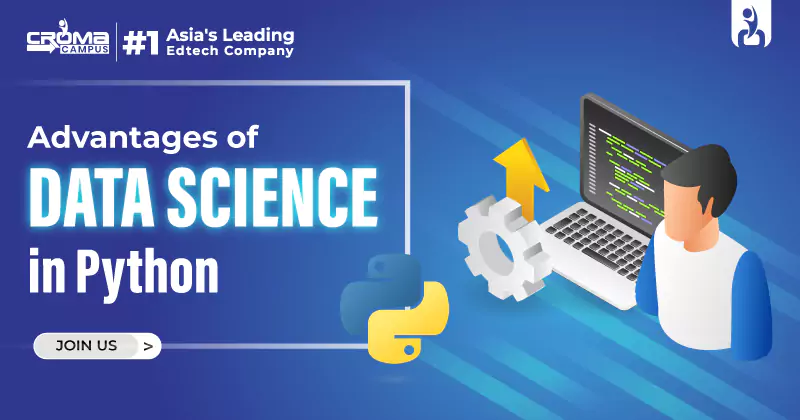
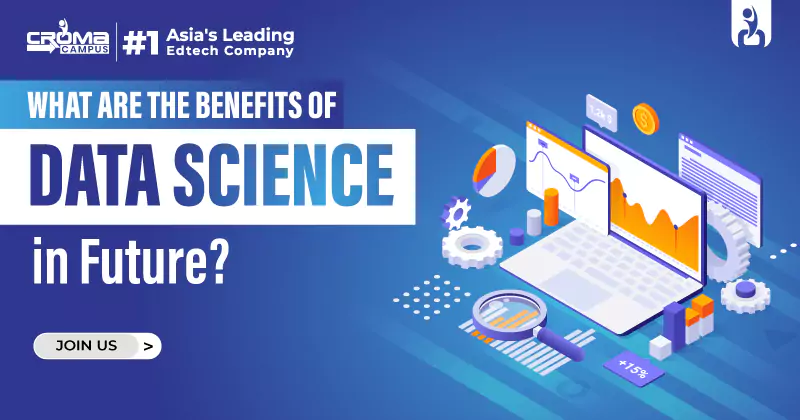
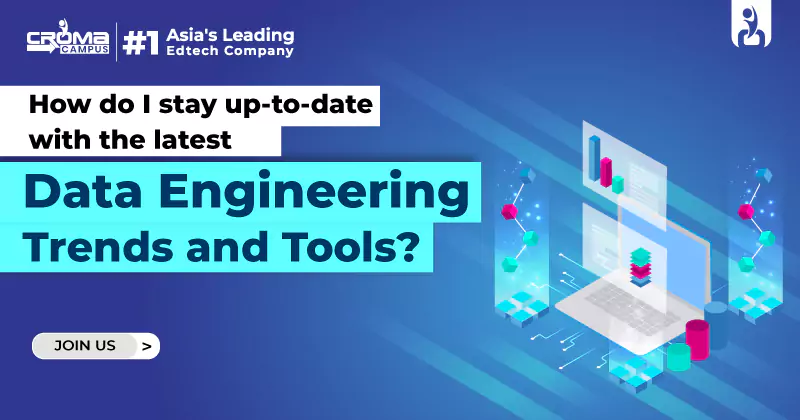
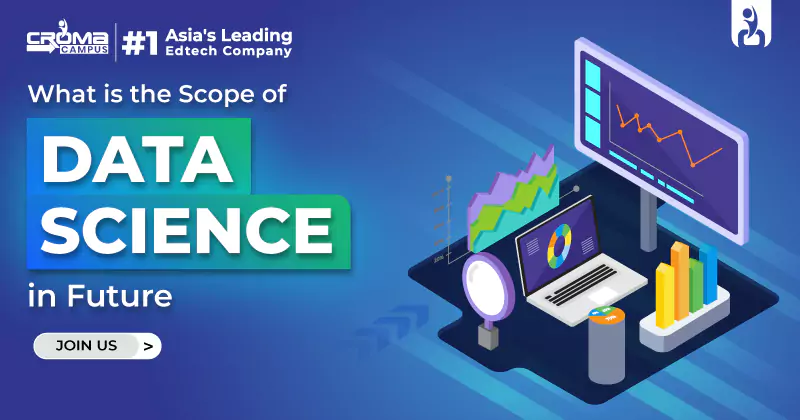

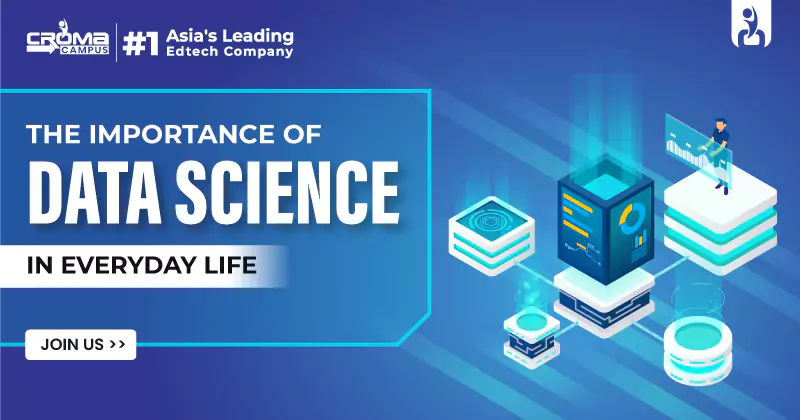
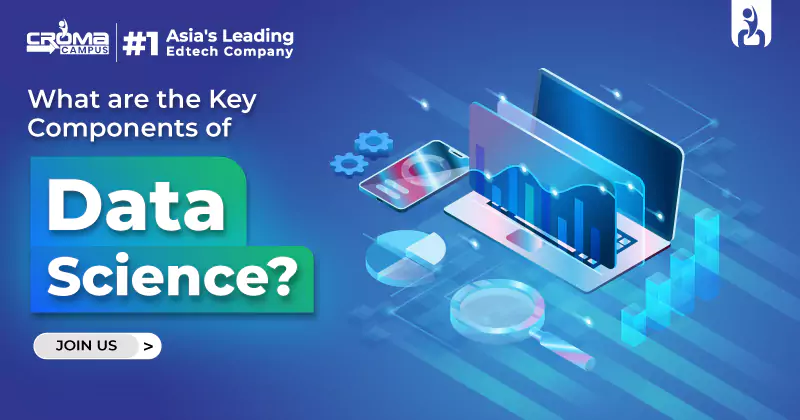

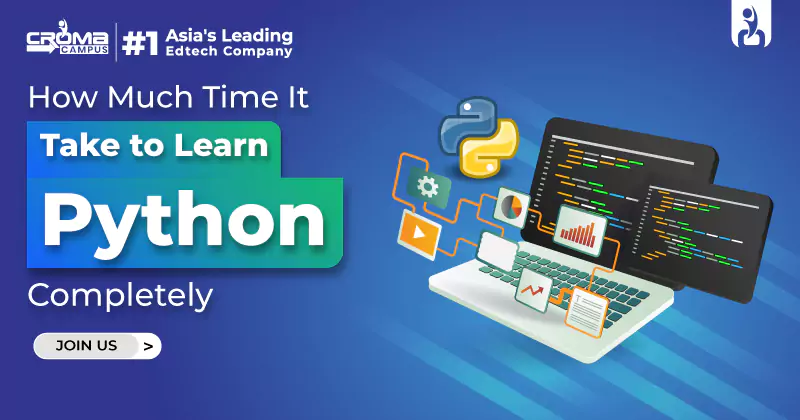


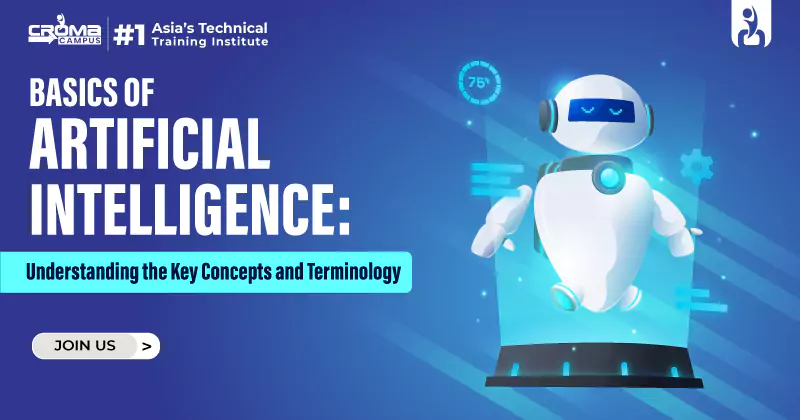










 Master in Cloud Computing Training
Master in Cloud Computing Training